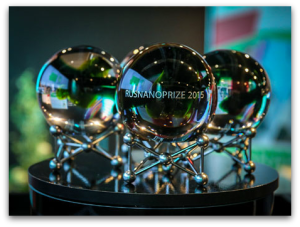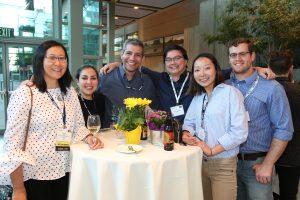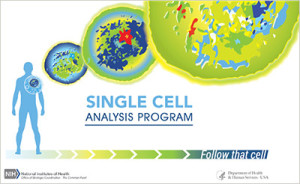 Two ECS members were recently awarded the 2015 RUSNANOPRIZE Nanotechnology International Prize for their work in developing nanostructured carbon materials, which have facilitated the commercialization and wide-use of supercapacitors in energy storage, automotive, and many other industries. The organization honored Yury Gogotsi and Patrice Simon for their exemplary research in this field.
Two ECS members were recently awarded the 2015 RUSNANOPRIZE Nanotechnology International Prize for their work in developing nanostructured carbon materials, which have facilitated the commercialization and wide-use of supercapacitors in energy storage, automotive, and many other industries. The organization honored Yury Gogotsi and Patrice Simon for their exemplary research in this field.
The RUSNANOPRIZE Nanotechnology International Prize, established in 2009, is presented annually to those working on nanotechnology projects that have substantial economic or social potential. The prize is aimed to promote successful commercialization of novel technology and strengthening collaboration in the field of nanotechnology.
Yury Gogotsi is a professor at Drexel University and director of the Anthony J. Drexel Nanotechnology Institute. Among his most notable accomplishments, Gogotsi was a member of a team that discovered a novel family of two-dimensional carbides and nitrides, which have helped open the door for exceptional energy storage devices. Additionally, Gogotsi’s hand in discovering and describing new forms of carbon and the development of a “green” supercapacitor built of environmentally friendly materials has advanced the field of energy technology.
Gogotsi is a Fellow of ECS and is currently the advisor of the Drexel ECS Student Chapter.
Patrice Simon is a professor at Paul Sabatier University. As a materials scientist and electrochemist, Simon has special interest in designing the next generation of batteries and supercapacitors. As the leader of the French Network on Electrochemical Energy Storage, Simon is making strides in developing next-gen technology through combining 17 labs and 15 companies in an effort to apply novel principals to issues in energy storage and technology. As an internationally recognized leader in the field of nanotechnology for energy storage, Simon’s work focuses on benefiting the entire energy storage industry.
Simon has been a member of ECS for 15 years.
ICYMI: Find other ECS researchers are doing in the world of nanocarbons.
 Earlier this year, ECS hosted a membership drive that successfully recruited 167 new and renewed 89 members and student members. We know that recruiting is no easy task.
Earlier this year, ECS hosted a membership drive that successfully recruited 167 new and renewed 89 members and student members. We know that recruiting is no easy task.



